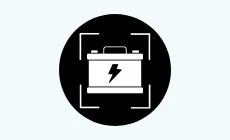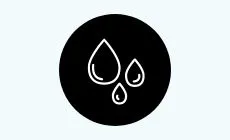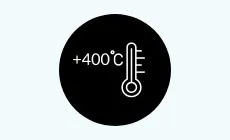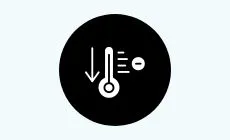Cómo resuelve Fike Blue el desbordamiento térmico en cascada (Thermal Runaway)
Fike Blue es la primera solución probada y patentada por terceros que ha demostrado no sólo suprimir los incendios de baterías, sino también un evento de desbordamiento térmico en cascada. Descubre cómo Fike Blue controla estos peligros extremos y hace posible el despliegue de un sistema BESS en casi cualquier entorno.
¿Cómo funciona Fike Blue?
Muchos han intentado resolver el problema del desbordamiento térmico con agentes limpiadores, agua nebulizada, aerosoles y más. Estas soluciones tienen la capacidad de suprimir los incendios de baterías, pero las pruebas internas de Fike y las evidencias de situaciones del mundo real han demostrado que son ineficaces para resolver el problema de la gestión térmica del desbordamiento térmico, lo que da lugar a celdas de batería con una alta probabilidad de volver a encenderse y dificulta el despliegue de un sistema BESS en zonas pobladas.
Fike Blue frente a otras estrategias de protección
Rociadores o agua de bomberos
- Requiere potencialmente miles de litros para controlar el fuego
- Las sustancias químicas de las pilas se vierten en las aguas subterráneas y el medioambiente
- Puede provocar la formación de arcos eléctricos que pueden constituir una fuente de ignición de gases y vapores combustibles.
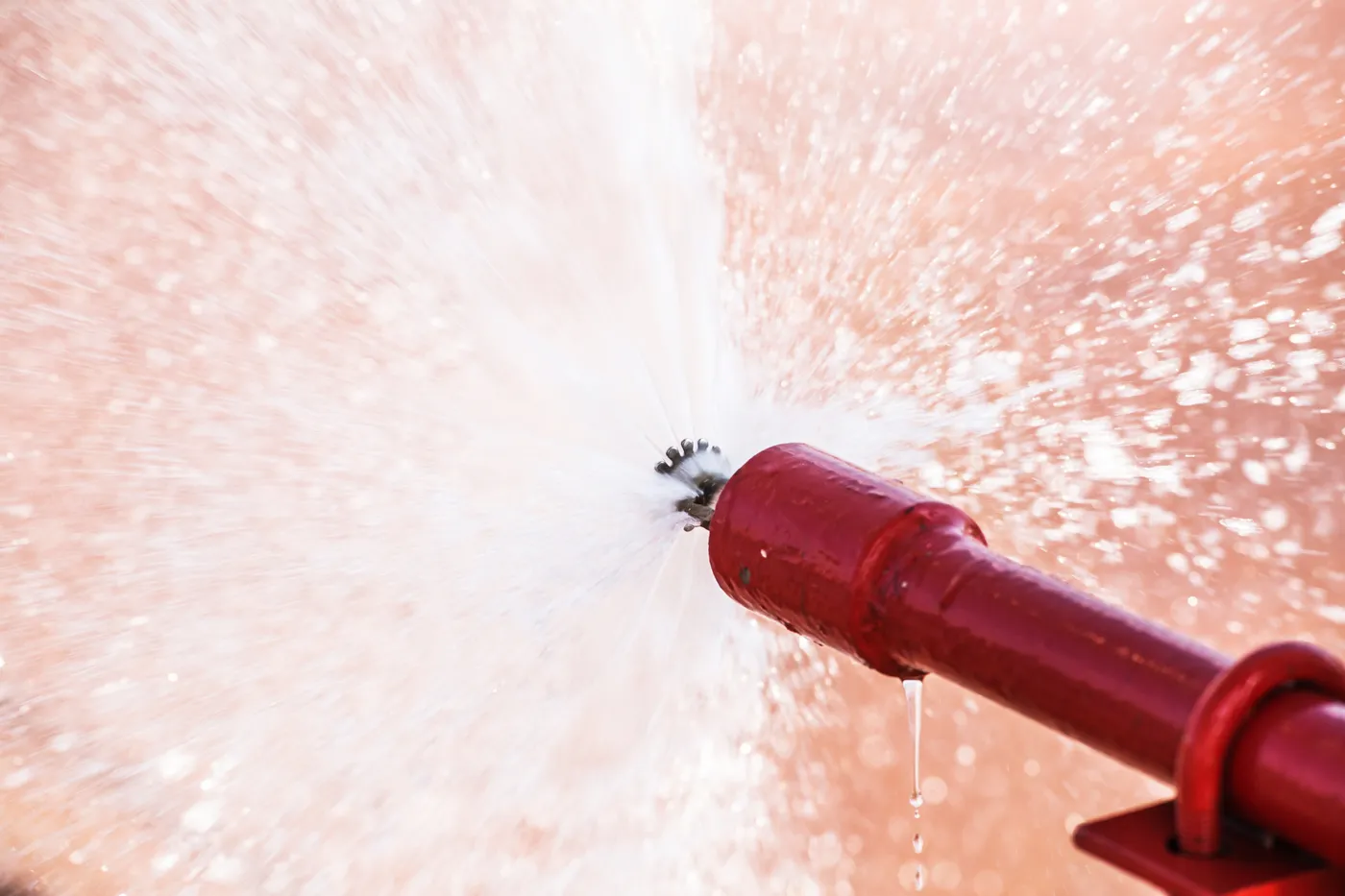
Agentes químicos
- Puede degradarse a temperaturas extremas
- Un sistema de ventilación puede expulsar los gases protectores a medida que continúa el suceso
- Tienen un punto de ebullición mucho más bajo que el agua, y se evaporarán y disiparán muy pronto; no tienen una capacidad térmica significativa para absorber calor.
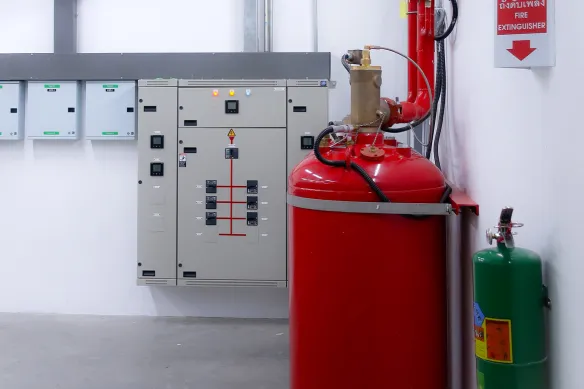
Contención (Permitir que arda)
- Muchos AHJ no aceptarán un sistema BESS sin un sistema de protección dentro de su jurisdicción
- Si se dejan quemar todas las pilas, se libera una cantidad exorbitante de gases tóxicos
- Se prevé que el despliegue de ESS crezca exponencialmente, por lo que esta estrategia es insostenible
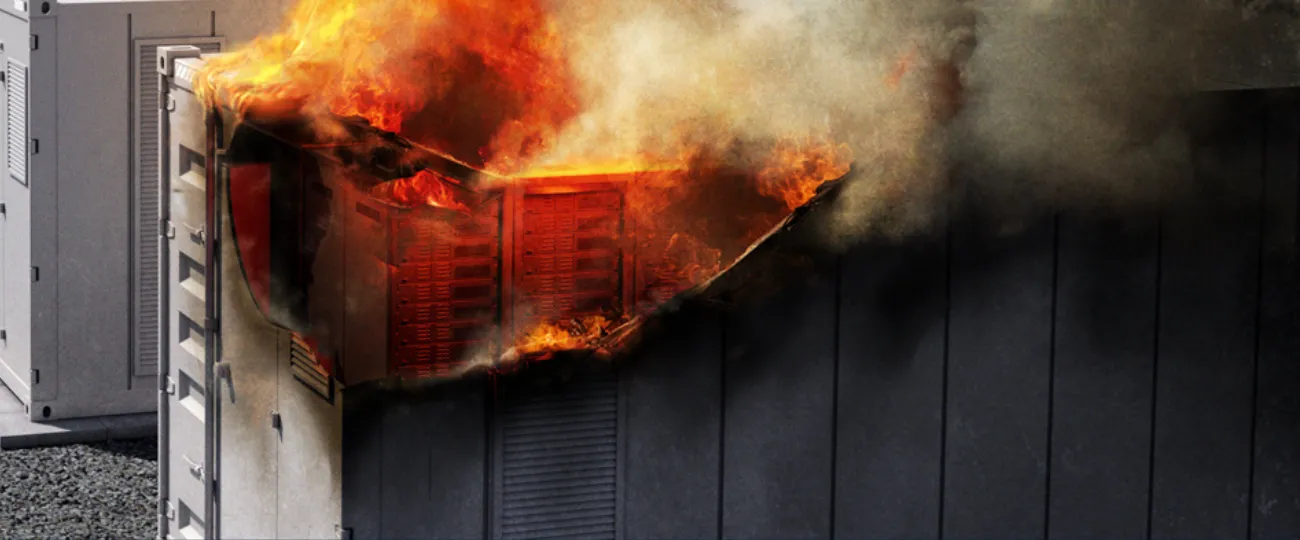
Fike Blue frente a Letting it Burn
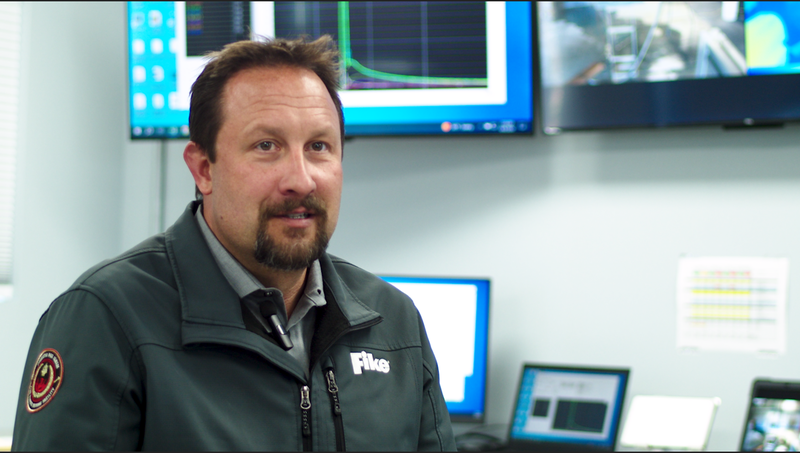
"Letting it burn» (Deja que arda) es una estrategia que considero irresponsable en el mejor de los casos y peligrosa en escenarios típicos por dos razones principales. Una es la increíble carga térmica a la que somete a otras estructuras y baterías, y la otra, el peligro inmediato para el medioambiente y la vida en los espacios ocupados. Si tienes 1.000 celdas dentro de una batería y dejas que se quemen todas, generas 1.000 celdas de gas tóxico que va a los espacios ocupados y los hace inhabitables durante algún tiempo. Si esto ocurre en un entorno urbano, puede tener consecuencias desastrosas".
Tom Farrell, Fike Principal Engineer of Test & Validation
Preguntas frecuentes sobre Fike Blue
- P. ¿Cómo funciona Fike Blue?
-
Con una capacidad calorífica muy superior a la del agua, Fike Blue absorbe el intenso calor exotérmico producido por el desbordamiento térmico sin descomponerse. A modo de comparación, 3M™ Novec™ 1230 Fire Protection Fluid hierve a poco menos de 50 °C.
- P. ¿Tiene Fike Blue algún impacto medioambiental?
-
Blue utiliza exponencialmente menos líquido que el agua requerida por los rociadores y, especialmente, por los equipos de extinción, lo que se traduce en una escorrentía mucho menor hacia el entorno circundante. Además, el líquido no pertenece a la familia de los PFAS, muchos de los cuales están siendo investigados actualmente en todo el mundo.
- P. ¿Cómo se almacena y descarga Fike Blue?
-
El líquido se almacena como líquido a presión y también se descarga como líquido.
- P. ¿Es Fike Blue conductor de la electricidad?
-
Blue es mucho menos conductor que el agua, ya que en todas las pruebas realizadas por Fike o por terceros aún no se ha producido el cortocircuito de ninguna célula.


